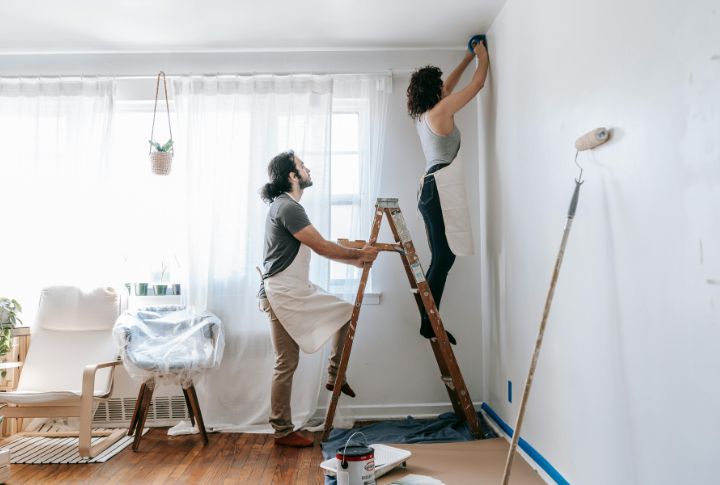
Got your paint and brushes ready? Wait a second! Some so-called “quick fixes” can end up causing more harm than good. Rushing through certain steps might seem like a time-saver, but it can cause you trouble later on. Let’s explore 15 painting mistakes you should avoid to ensure a job well done.
Skipping Primer
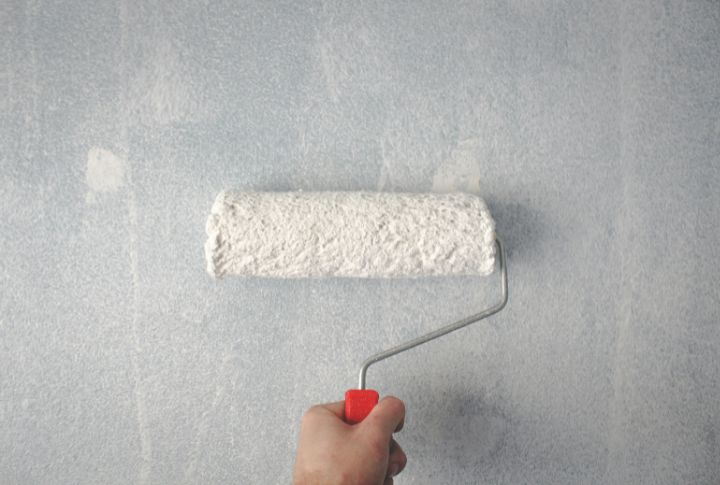
Some people think primers aren’t necessary. Big mistake! Primer helps paint stick better and makes colors look brighter. Without it, your paint job may peel or fade in just a few weeks. Therefore, it’s always better to use primer for a smooth, lasting finish.
Not Cleaning the Walls
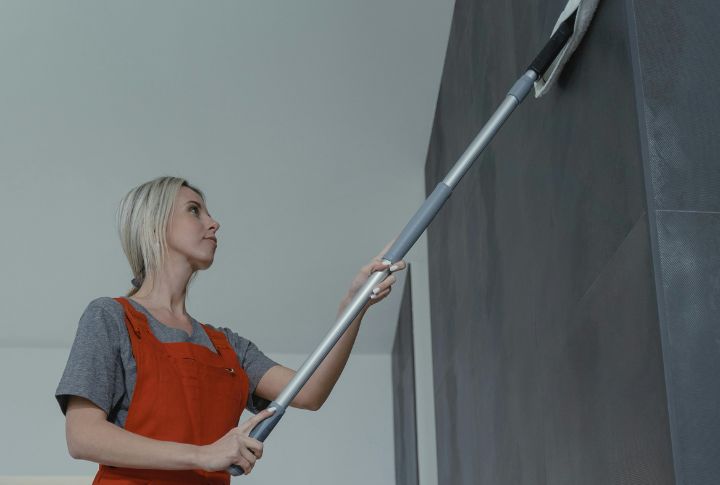
Dirty walls seem faster to cover, but it’s trouble waiting to happen. Dust and grime prevent paint from sticking properly and painting over might cause the paint to bubble up. For better results, wipe down your walls with a moist cloth before you start.
Using Cheap Brushes
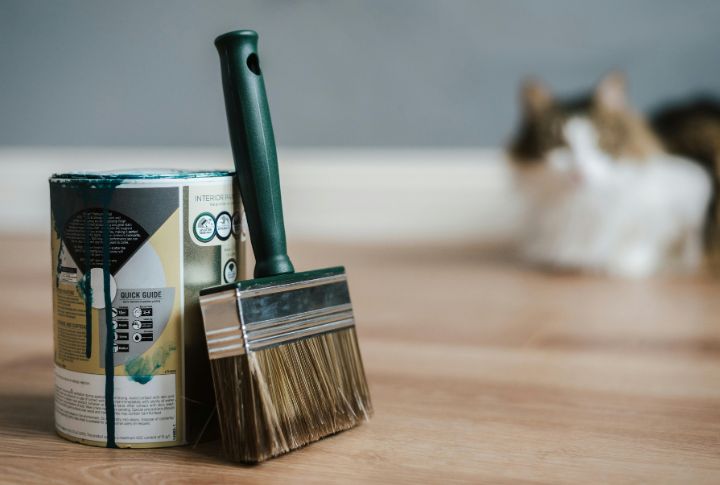
Cheap and low-quality brushes shed bristles and leave streaks. Try them, and your wall will look terrible. Invest in good brushes for a smoother finish, as they are designed to hold paint evenly and distribute it smoothly to create a flawless finish without any marks.
Not Taping Edges
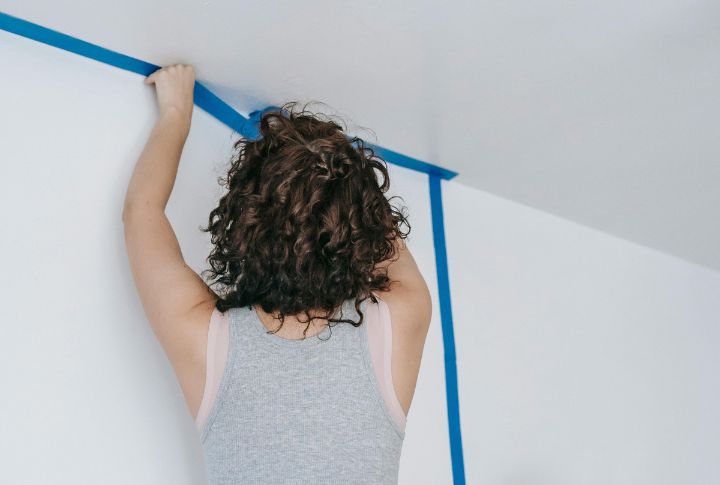
Do not skip the painter’s tape to save time. It might seem like a hassle, but without it, you’ll likely have messy edges and paint where you don’t want it. Even a small mistake can require touch-ups and tedious cleanups that can quickly turn a quick project into a long one.
Painting Over Wet Surfaces
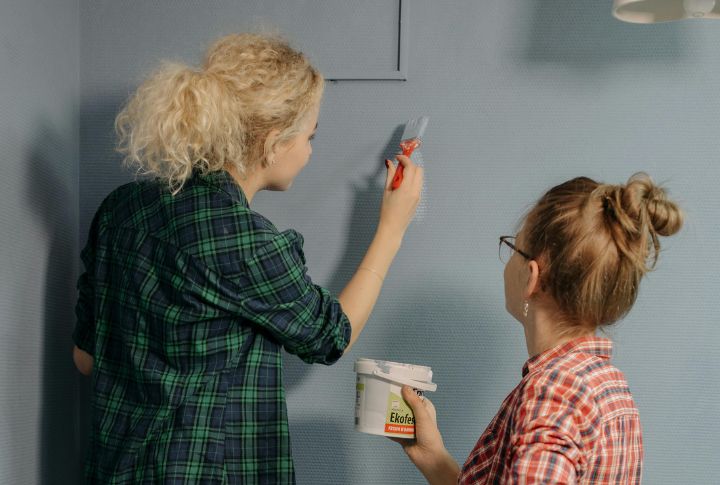
Painting over wet walls or fresh patches is a bad idea. It can lead to peeling, blistering, and uneven color distribution. If you’re impatient and paint too soon—the results will be awful. Make sure all surfaces are completely dry before applying any coats of paint.
Applying Thick Coats
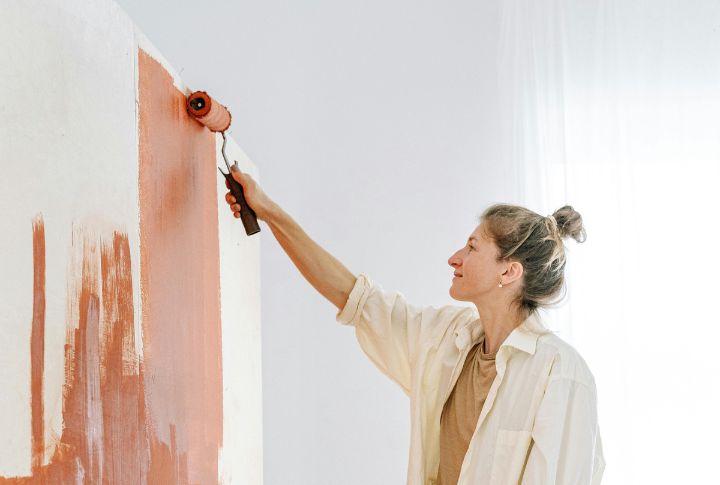
Thick layers of paint might seem like a time-saver, but it causes drips and uneven drying. Don’t learn this the hard way with a wall full of runs. Apply thin, even coats instead. It might take a little longer, but the smooth finish is worth it.
Ignoring Weather Conditions
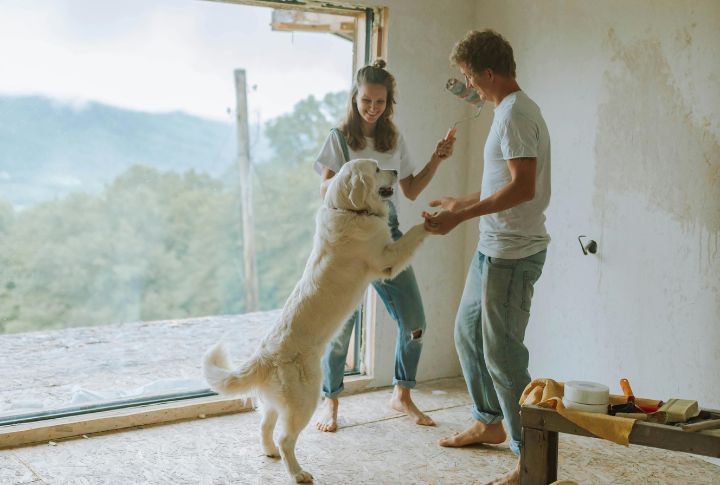
Bad weather can ruin your paint job and cold or humid conditions affect how it dries. Painting on a humid day will make the paint stay sticky for ages. Choose a day that won’t be too hot or too wet by checking the weather prediction.
Using Old Paint
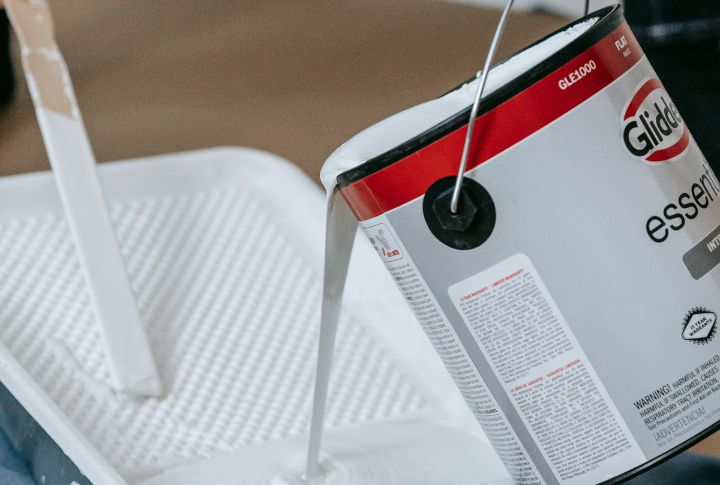
If the paint is old or smells funny, it’s time for a new can. Leftover paint sounds economical, however, it can be lumpy or discolored. Fresh, high-quality paint guarantees that the color, texture, and consistency are spot-on, ensuring a professional-looking result.
Not Stirring Paint
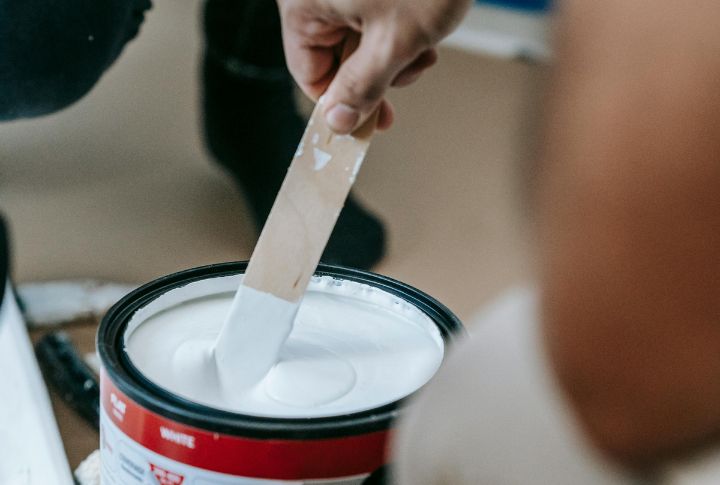
Paint ingredients can separate over time, leading to uneven color if not stirred properly. If you skip this step, the shade on the wall might look patchy. Always stir your paint thoroughly before you begin, which might only take a minute.
Overloading the Brush
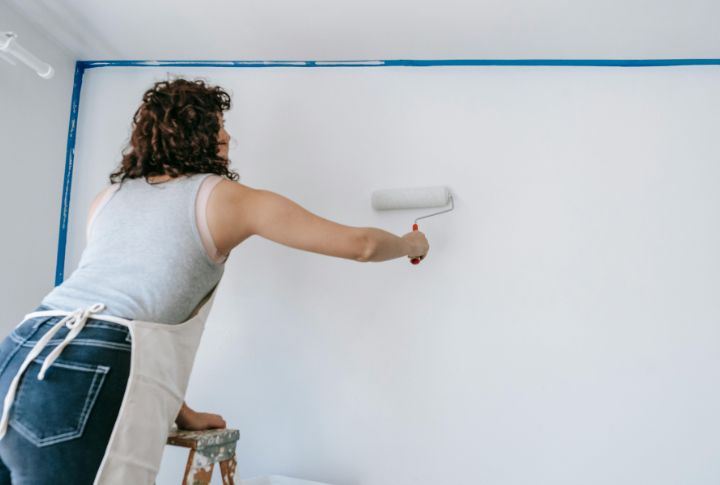
Overloading the brush leads to drips and excess paint. Imagine: you dunk the whole brush and paint-splattered everywhere. Now you wouldn’t want that. Dip just the tip of the brush and tap off the excess. With this, you’ll have more control and less mess.
Rushing the Job
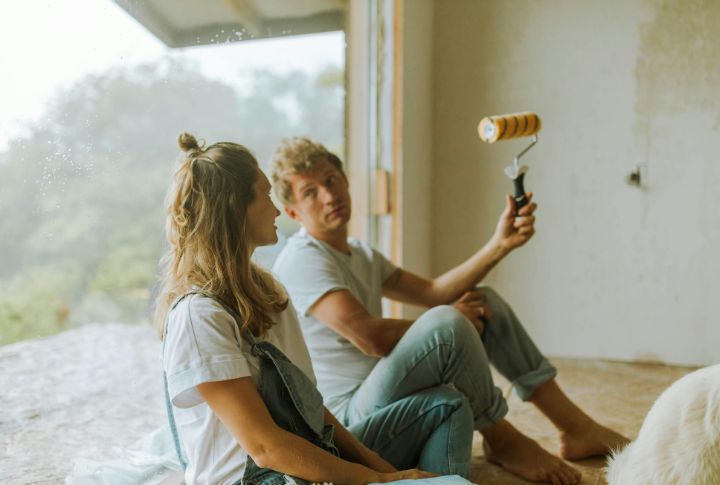
Be careful while finishing the paint job as hurrying the process can cause mistakes like missed spots and uneven coverage. If you rush, expect the sloppy results that would need redoing. A well-done paint job not only looks better but also stands the test of time.
Not Protecting the Floor
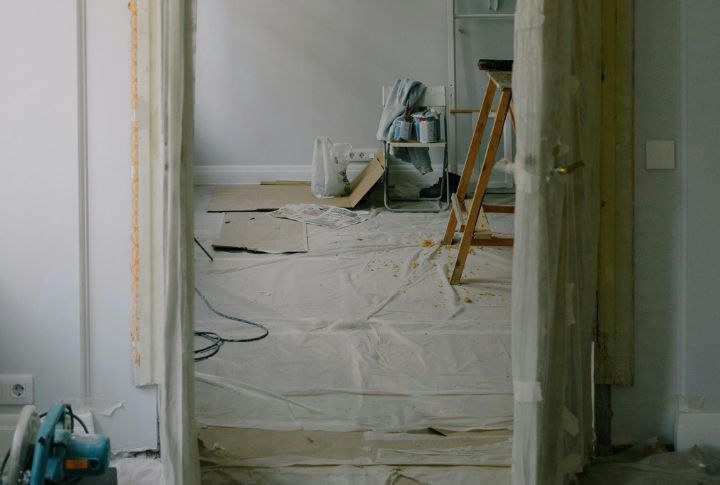
Skip this step, and cleaning up will be a nightmare. Paint will spill on your carpet or hardwood if you avoid drop cloths or floor coverings. Always protect your floors and furniture before you start. This step makes it much easier than scrubbing dried paint off later!
Painting in Poor Lighting
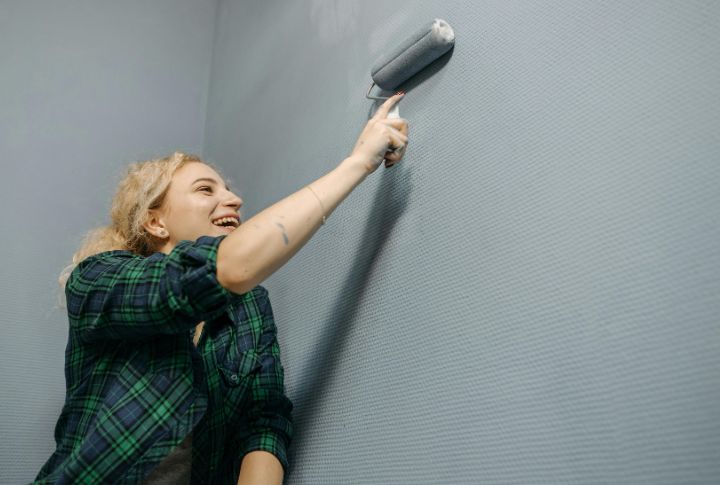
Good lighting is important for a perfect paint job. Painting in dim light makes it hard to see what you’re doing. You will paint one evening, and the next day, you will find all the spots you missed. Make sure your room is well-lit so you can see the true color and coverage.
Ignoring Safety Gear
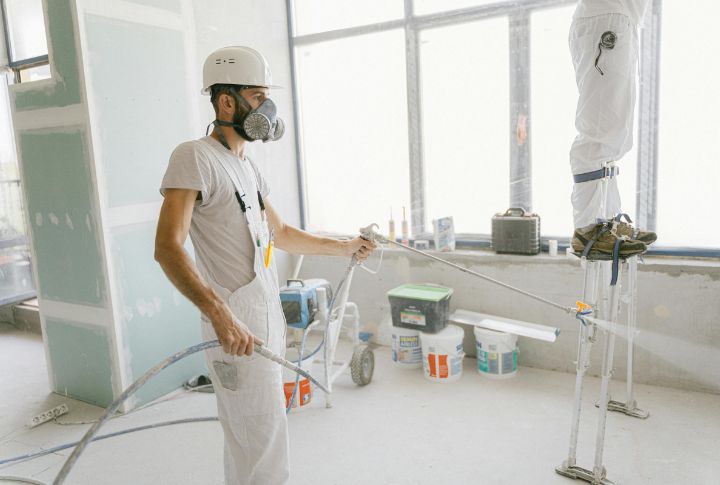
Not wearing safety gear like gloves and masks can expose you to harmful fumes and messy cleanups. Protect yourself with the right gear to avoid paint-covered hands that last for days. It’s a small step that keeps you safe and comfortable.
Not Sanding Rough Spots
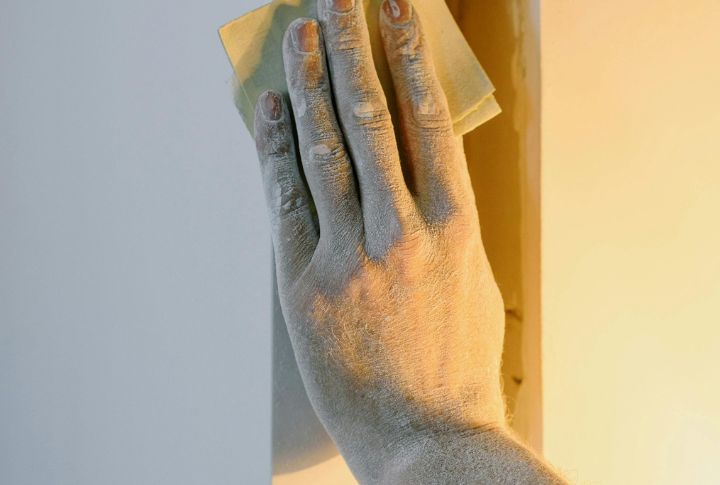
Take the time to sand down rough spots for a smooth surface. Rough spots won’t magically disappear under the paint. If you ignore sanding, the imperfections will stand out even more once the paint is dry, creating an uneven and unprofessional finish.

